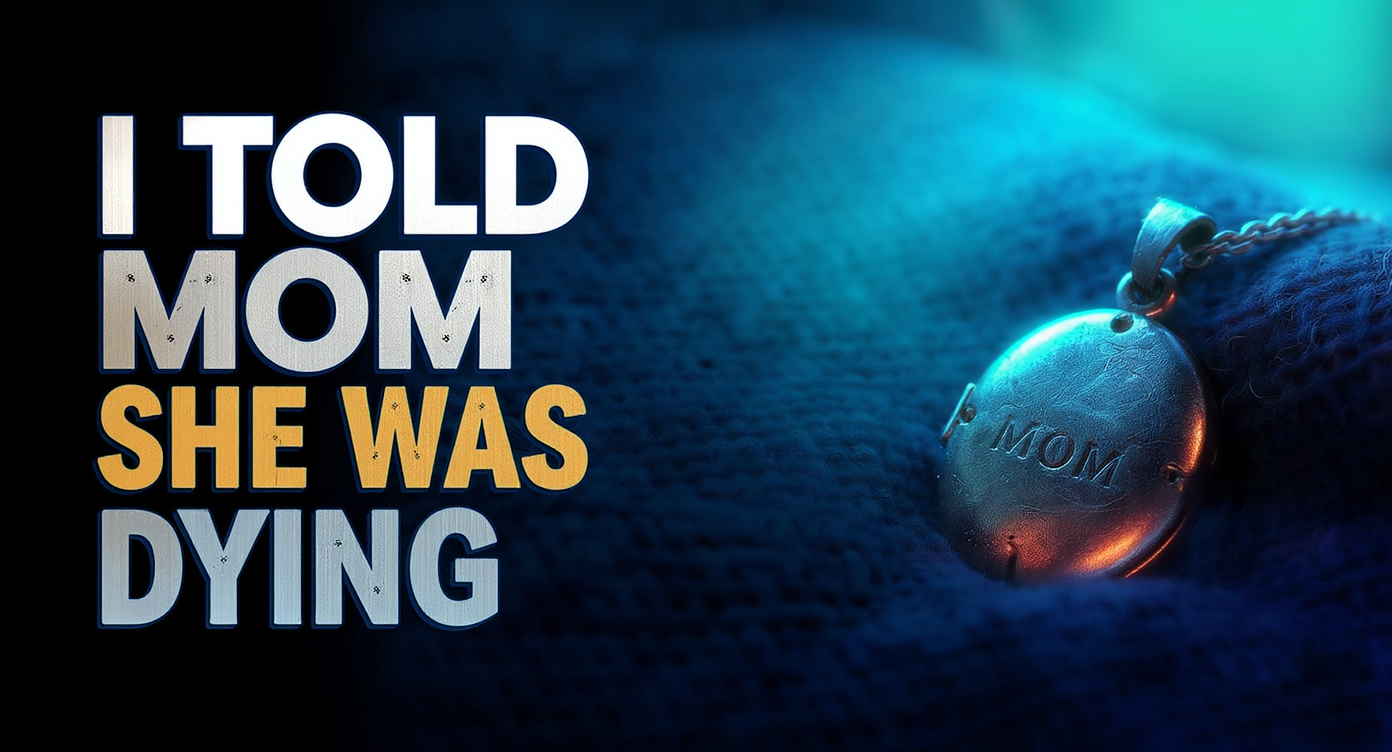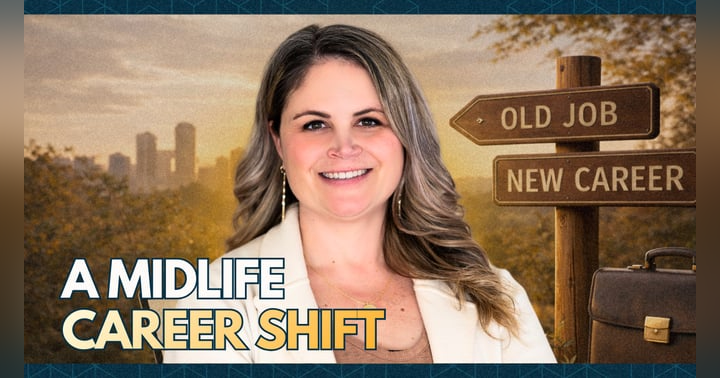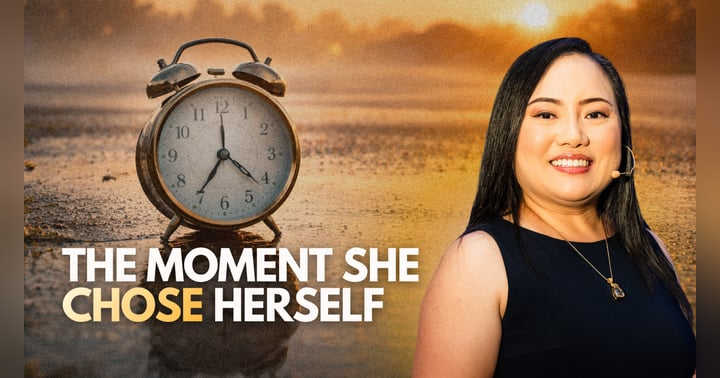Raised in Silence: Maria Gallucci on Grief, Belonging, and the Power of Trying

Growing Up Between Worlds
Maria Gallucci’s story begins in a household where silence was never empty. As a child of deaf adults, she learned American Sign Language before she learned English. By the time she was 12, she was interpreting for her parents at their real estate closing, making sense of complicated documents without an interpreter present. That moment shaped her awareness of how easily people can be excluded when communication barriers are ignored.
Maria grew up straddling two worlds. She was part of the deaf and hard-of-hearing community through her family, but also lived in a world that often didn’t know how to include them. She remembers watching classmates’ parents chat freely on a school trip while her mom stood to the side, unable to join. Instead of embarrassment, Maria felt sadness. Why couldn’t people just try? That question still fuels her work today.
Carrying the Weight of Loss
Loss has been a constant thread in Maria’s life. She lost her mom to cancer in her twenties and faced the unthinkable responsibility of interpreting her mother’s terminal diagnosis. Sitting in the doctor’s office, she was the one who had to look her mom in the eye and explain that she had only months to live.
“I still remember telling her it’s going to be okay. And it wasn’t.”
Those words continue to echo for Maria. She admits she is now careful when she tells someone everything will be fine, because she knows that isn’t always true. Her honesty is striking, not because it offers easy answers, but because it reveals the complicated reality of grief.
Her losses did not stop there. Maria’s father died of the same cancer 25 years later, this time with the benefit of interpreters and more support. In the same year, she also lost her best friend to suicide, a sudden tragedy that in some ways cut deeper than losing her parents. Each grief carried its own weight and its own questions.
Inclusion Starts With One Step
Maria’s story is not only about loss. It is also about what she has chosen to do with her life because of it. She became a real estate agent who focuses on supporting the deaf, hard-of-hearing, and LGBTQ+ communities. For her, communication is never a small detail. It is the foundation of belonging.
She often tells people that inclusion begins with trying. You don’t need to know sign language to connect with someone. You can write a note, use your phone to type a message, or even just smile. Fear of doing it wrong keeps many people silent, but Maria insists that trying is better than avoiding. Everyone wants to feel included.
Her work and her new book, Raised in Silence, are both rooted in that conviction. She combines personal stories from her childhood with practical tips on how to support the deaf and hard of hearing community. The book is also a love letter to those who raised her, showing that difference can be a source of strength rather than separation.
Lessons From Maria’s Story
Listening to Maria reminded me that grief does not have one path. She laughed when she recalled certain memories and cried when she shared others. She showed that it is possible to carry regret while also offering yourself grace. And she reminded me that small gestures can ripple outward in ways we may never see.
Her story is also a reminder that we do not have to be perfect in how we connect. We only need to show up, to try, to risk the awkward moment to make someone feel less alone. In a world where isolation can weigh heavily, those choices matter more than we realize.
Maria’s journey has been shaped by grief, but it is equally defined by resilience and purpose. She continues to advocate for communities that deserve to be seen and supported.














